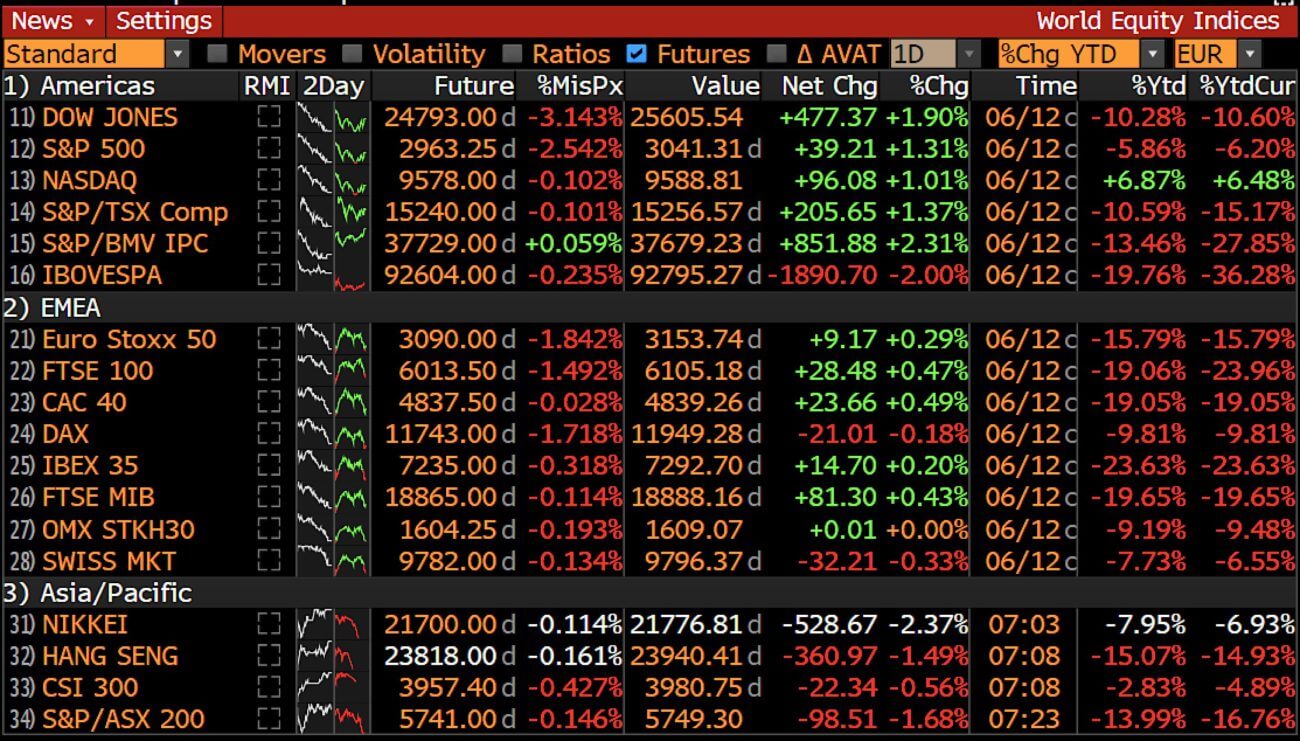Chinese Buyers Defy Stock Market Doom for Housing Market Boom

China's property market grew at its fastest pace in seven months and property buyers are looking at investments beyond the country's borders. | Source: REUTERS/Aly Song
- Buyers from China are actively exploring properties in Singapore, Manila, UAE, South Korea, and Sydney.
- Prices of average homes across China’s 70 large cities increased by 0.49% in May.
- Asia’s housing market is expected to see a strong rally when travel restrictions ease.
China’s housing market is heating up as local buyers are on the lookout for appealing properties. Chinese buyers are also exploring international markets like Singapore and the UAE.
In May, the average price of new homes across 70 large cities in China surged by 0.49%. The Chinese housing market recorded its biggest jump in 7 months.
Coincidentally, the pandemic officially first started in December 2019.
Recent trends suggest investors are regaining their appetite to invest in the housing market as fear towards the pandemic subsides.

It’s Not Just China, It’s All Across Asia
A key sign that Chinese investors are moving to scoop up international properties is the outflow of the yuan.
Investors in China need to find a way to move their capital outside of China to invest in Asia’s housing market.
Nikkei Asian Review reported last week that wealthy Chinese investors are beginning to move money to avoid the devaluation of the yuan.
Many investors reportedly fear that the yuan may decline in value as a result of the ongoing dispute between the U.S. and China.
A Hong Kong-based broker who asked for anonymity said:
The yuan weakened more than 10% in two years. You need foreign currencies to protect your assets.
Once capital is moved out of China , investors can then purchase other assets, currencies, or real estate properties.

In recent weeks, Chinese buyers have shown interest towards UAE, Manila, and Singapore.
Real estate platform Juwai said UAE was one of the eight most popular countries among Chinese investors in 2019.
One barrier that is preventing investors in China to aggressively re-enter the international housing market is travel restrictions.
Once limitations on air travel ease, real estate brokers expect a noticeable increase in housing market deals.
George Chmiel, chairman of property brokerage IMI, said:
While buyers can still make enquiries and do virtual tours, it’s more difficult to get them to the point of signing on the dotted line. This is a practical problem that will ease when travel restrictions are reduced.
The demand for high-end properties from Chinese buyers has increased so much that Singapore and Australia saw a housing market uptrend from March to May.
In the last three months alone, luxury real estate broker Black Diamondz founder Monika Tu facilitated $55 million worth of real estate purchases in Australia.
Less Optimistic on U.S., U.K. Housing Market
Researchers at Juwai found that inquiries into South Korean properties rose by 180% from Q4 2019 to Q1 2020.
Other popular markets such as New Zealand and Sydney saw an increase in inquiries of around 75%.
But, the U.S. and U.K. saw inquires from Chinese buyers drop 18% and 32% respectively.
The declining demand for the U.S. housing market can be attributed to two main factors: restrictions and geopolitical risks.
Chinese investors may have to pay a fee of up to $300,000 when investing in American homes.
Data also suggests that Chinese buyers are primarily purchasing properties to offset the risks emerging from worsening U.S.-China relations.